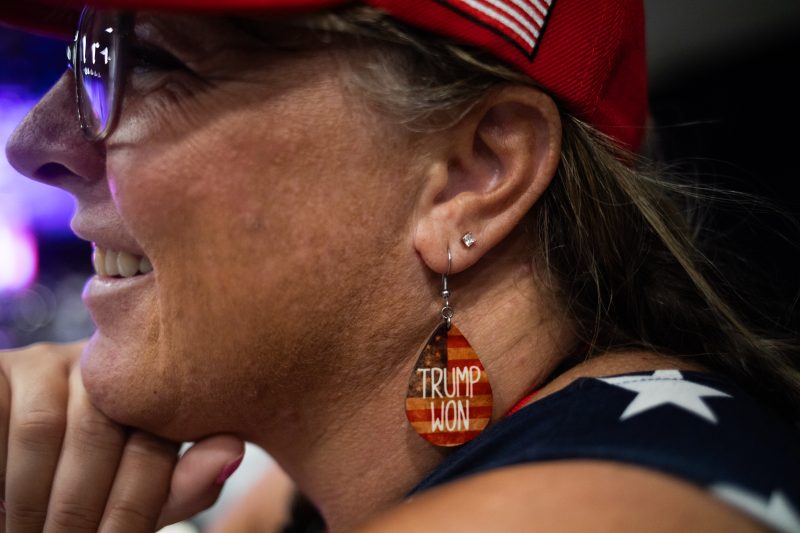In the aftermath of the 2020 Presidential election, the refusal of President Donald Trump and his allies to concede defeat has sparked intense debate and controversy across the nation. Despite Joe Biden being declared the winner by both popular and Electoral College votes, Trump and his associates have continued to challenge the results, claiming widespread voter fraud and irregularities. This unprecedented situation has not only deepened the political divide in the country but has also raised fundamental questions about the sanctity of the electoral process and the peaceful transfer of power in a democracy.
The refusal to accept the election results is not entirely surprising given Trump’s past behavior and rhetoric. Throughout his presidency, he has frequently undermined democratic norms and institutions, casting doubt on the legitimacy of any outcome that does not favor him. His relentless attacks on the media, judicial system, and other branches of government have created a deeply polarized environment where trust in the electoral process has eroded significantly.
Furthermore, Trump’s refusal to concede defeat is not an isolated incident but part of a broader pattern of behavior exhibited by authoritarian leaders around the world. Such leaders often rely on disinformation, propaganda, and coercion to maintain their grip on power, disregarding democratic norms and principles in the process. By perpetuating baseless claims of election fraud and sowing doubt about the integrity of the electoral process, Trump is following a playbook that threatens the very foundations of American democracy.
The complicity of Trump’s allies in perpetuating his false narrative of a stolen election has further fueled the flames of division and mistrust. Republican lawmakers and officials have echoed Trump’s claims without providing any concrete evidence to support them, effectively undermining faith in the electoral system and the rule of law. By putting party loyalty above the principles of democracy, these individuals have abdicated their responsibility to uphold the integrity of the electoral process and respect the will of the voters.
The repercussions of Trump’s refusal to concede defeat extend far beyond the current election cycle. The transition period between administrations is a critical time for ensuring the continuity of government and a smooth transfer of power. By obstructing this process and delaying the formal acknowledgment of his successor, Trump is not only jeopardizing national security and governance but also setting a dangerous precedent for future leaders to follow.
In these uncertain times, it is more crucial than ever for American citizens to remain vigilant and uphold the values of democracy. The right to free and fair elections is the cornerstone of a democratic society, and any attempts to undermine this right must be met with resolute opposition. By holding elected officials accountable, demanding transparency and integrity in the electoral process, and standing up for the truth, we can help safeguard the future of our democracy and ensure that the will of the people prevails.

